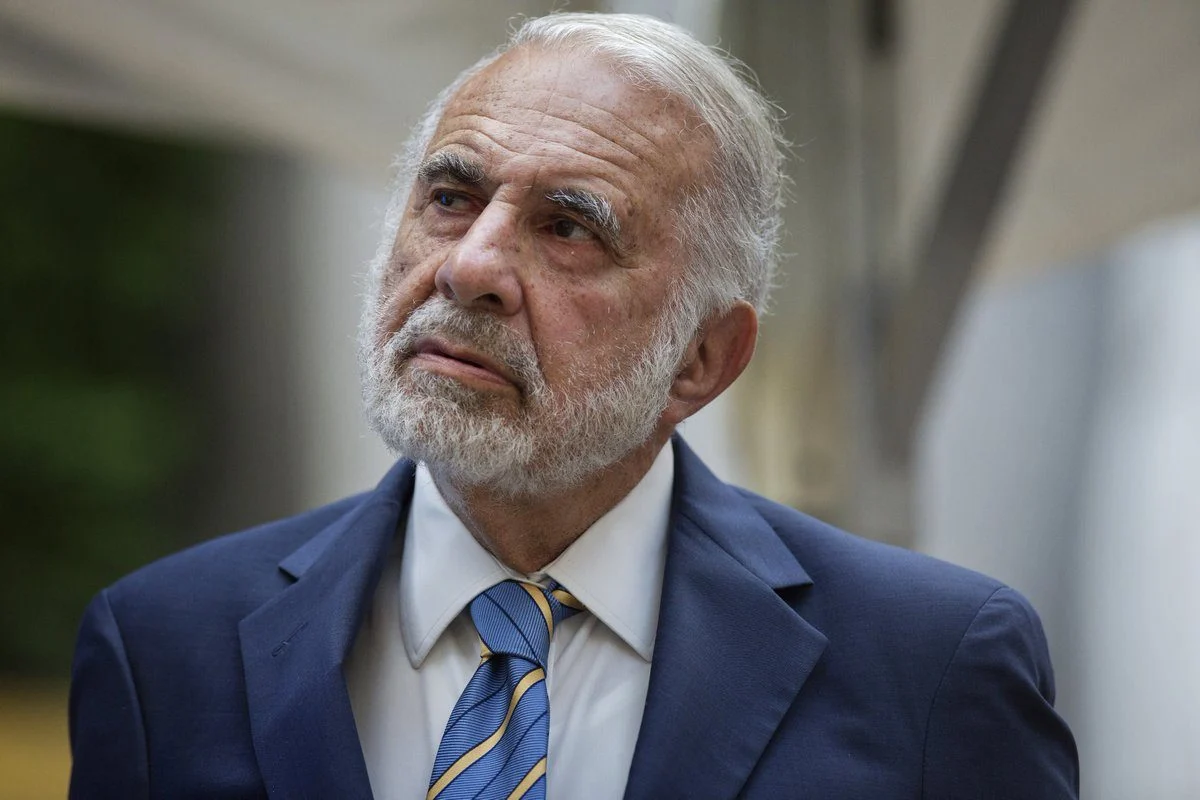Activism as an Investment Paradigm
Carl C. Icahn, the Chairman of Icahn Enterprises L.P., has long championed activism as a superior investment strategy. He asserts that despite its volatility, activism delivers unmatched returns over the long term. This belief is deeply embedded in the company’s approach and is highlighted in their recent communications.
I have come to believe that activism, on a risk reward basis, is the best investment paradigm that exists. While this method of investing certainly is somewhat volatile, over the long term the returns cannot be matched.
Carl C. Icahn
Fourth Quarter Performance Review
In the fourth quarter of 2023, Icahn Enterprises reported a net loss of $139 million, which nonetheless marked a significant improvement over the prior year. The adjusted EBITDA for the quarter was $120 million, showing a decline from the previous year’s $168 million. Despite the losses, the firm sees these results as an improvement, reflecting the ongoing adjustments and strategic decisions influenced by their activism-focused investment paradigm.
Looking Ahead
The company remains committed to its core strategies, including a recent offering of $700 million in senior notes, which suggests a strategic positioning for future initiatives or to bolster current investments. This move aligns with their long-term focus on activism as a key to delivering substantial returns to shareholders.
For more details on their financial results and strategic outlook, you can view the full report on their official website.
Activism Investing
Activism investing, also known as shareholder activism, is a form of investing where shareholders use their equity stakes in a company to pressure the company’s management to make changes. The key points are:
Activist investors, typically specialized hedge funds, buy a significant minority stake (less than 10%) in a publicly traded company[1][3][4]. Their goal is to influence the company’s operations, strategy, management, or corporate governance in order to increase shareholder value[1][2].
Activist investors employ various tactics to enact change, such as proxy battles, publicity campaigns, shareholder resolutions, litigation, and negotiations with management[5]. They may push for changes like strategic redirection, operational improvements, capital restructuring, management changes, or board refreshes[1].
Activist investing is different from a full takeover bid, which is a more costly and difficult undertaking. Activists seek to create a “catalyst” or “triggering event” that will increase the company’s share price and shareholder value, rather than taking full control[2].
Activist investing has had mixed results – it has created value for shareholders in some cases by addressing issues like poor management or underperformance, but the short-term focus of activists can also be detrimental to a company’s long-term strategy and investments[3][4].
Well-known activist investors include Carl Icahn, Paul Singer, David Einhorn, and Ryan Cohen[1][4][5]. Activism activity has been on the rise in recent years, though proposed SEC rule changes may impact the practice going forward[3][4].
Citations:
[1] https://www.thecorporategovernanceinstitute.com/insights/lexicon/what-is-an-activist-investor/
[2] https://www.olsteinfunds.com/insights/what-is-activist-investing-a-catalyst-for-change
[3] https://www.investopedia.com/articles/stocks/09/activist-investors.asp
[4] https://www.investopedia.com/terms/a/activist-investor.asp
[5] https://en.wikipedia.org/wiki/Shareholder_activism

Leave a Reply